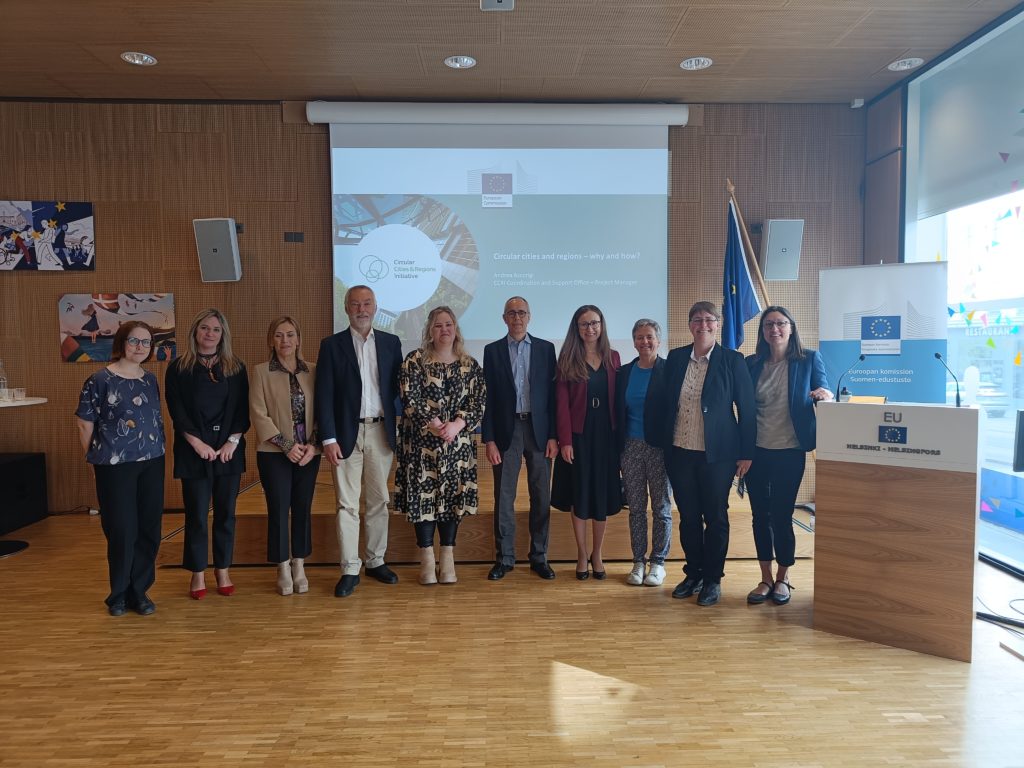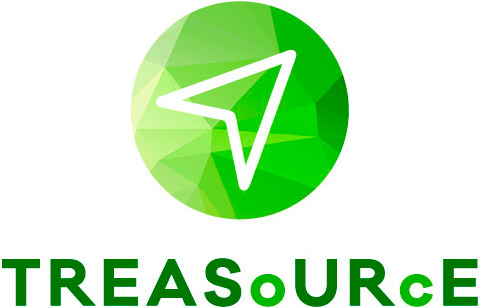
On June 1st, the European Commission, DG Research and Innovation and European Investment Bank co-hosted an Accelerator Session at the WCEF 2023 in Helsinki, Finland. The session showcased several partners from the wide Circular Cities and Regions Initiative (CCRI) network. Among the highlights: innovative local circular approaches and shared experiences from cities and regions on their circular journey. But why should cities and regions strive to be circular? What are the benefits? Where to get support?
Cities and regions are operating on a level that is close to key circular economy actors: citizens, SMEs, start-ups, academia and so forth. The undertaken circular economy actions as well as their impact are visible and tangible in the daily lives of local residents. The development and implementation of the systemic circular economy solutions at the level of cities and regions has the potential for an important multiplicator effect contributing to achieve the climate targets both at national and EU levels. Respectively, the potential impact of the transferable solutions is not only local, but can be brought also on regional, national or EU scale. While the majority of cities are still focused on downstream activities, such as recycling, an increasing number of European cities are taking the leap toward more upstream higher level circular activities.
What the work of the CCRI has recently been focusing on is understanding the needs and the main hurdles faced by the cities and regions. The mapping has been ongoing for the first year of the initiative in order to build on this information and to create tailored support measures – since there are no one-size-fits-all solutions in this context. On top of the external support schemes, it is vital for cities and regions to help each other, exchange information and experiences along their circular journey.
The city of Guimarães in Portugal, City of Leuven in Belgium, Helsinki-Uusimaa Region in Finland and Zero Waste Scotland were represented at the session to share highlights from their respective journeys. Several points of convergence emerged from these addresses. For all these actors, the element of collaboration has been the basis for successful circular economy projects. Confidence and trust need also to be shared in order to get any project off the ground. Another common success factor is political commitment. With strong commitment from local decision makers and support from the citizens, circular economy projects have all the potential to be successful. On the other hand, financing was commonly perceived as a missing link between wanting and actually doing.
The systemic circular economy solutions developed, tested and replicated by TREASoURcE are one part of the solution for cities and regions to take steps towards greater circularity. The project emphasises collaboration beyond the usual suspects to break the conventional collaboration groups. We have a strong will not only to offer but to actively disseminate the developed solutions for others to replicate through our extensive network. An inclusive disruptive change from linear to circular requires a multi-stakeholder environment, multidisciplinary approaches and continuous collaboration.
Let’s move from words to action – together!
TREASoURcE D1.1 Report on Territories’ circular economy activities and state-of-the-art has been recently published. You can download the full report here.
The event recording can be viewed on YouTube.
1.6.2023 | Kaisa Simola (CLIC), kaisa.simola@clicinnovation.fi
Find more news here.
